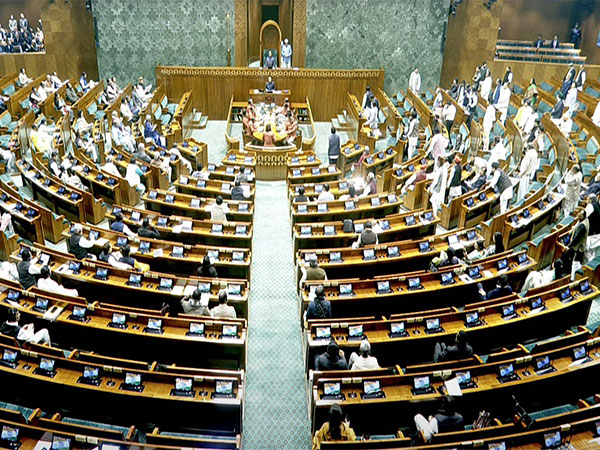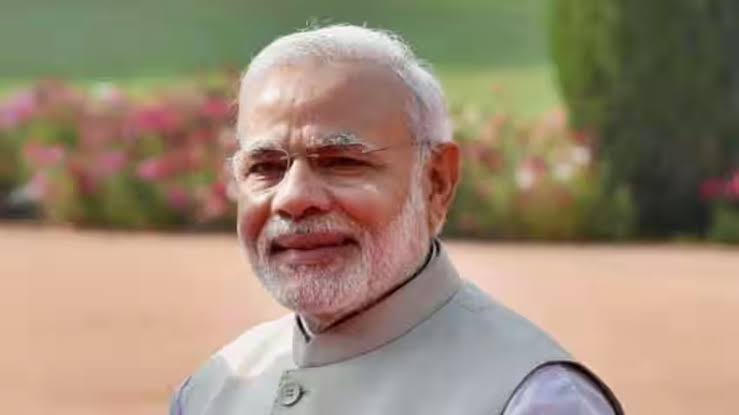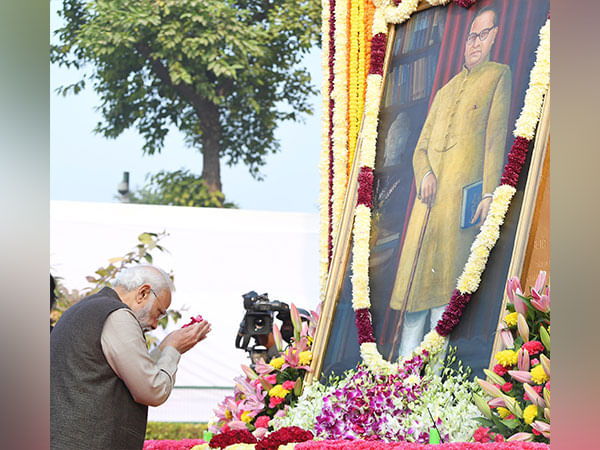The third day of the Budget Session of Parliament witnessed intense debates and protests as opposition leaders raised concerns over economic policies and the recent Maha Kumbh stampede. The session, which follows the presentation of the Union Budget 2025-26 by Finance Minister Nirmala Sitharaman, has already become a battleground for political discourse. The Motion of Thanks on the President’s Address was taken up in both Houses, but the discussions were overshadowed by sharp criticisms from opposition leaders, particularly Congress MP Rahul Gandhi.
 Gandhi took center stage in the Lok Sabha, delivering a pointed critique of the government’s handling of manufacturing and data control. He argued that India had failed to organize its production capabilities, allowing China to dominate crucial industries. His remarks underscored concerns over India’s economic dependence and the lack of self-reliance in key technological sectors. Addressing the significance of artificial intelligence, Gandhi emphasized that AI relies entirely on data, much of which is currently controlled by China. His speech resonated with many who fear that India’s position in the global technology landscape is weakening.
Gandhi took center stage in the Lok Sabha, delivering a pointed critique of the government’s handling of manufacturing and data control. He argued that India had failed to organize its production capabilities, allowing China to dominate crucial industries. His remarks underscored concerns over India’s economic dependence and the lack of self-reliance in key technological sectors. Addressing the significance of artificial intelligence, Gandhi emphasized that AI relies entirely on data, much of which is currently controlled by China. His speech resonated with many who fear that India’s position in the global technology landscape is weakening.
Beyond economic concerns, tensions flared over the recent Maha Kumbh stampede, which claimed multiple lives. Opposition parties demanded a discussion in Parliament, calling for accountability and better crowd management measures. However, their requests were met with resistance, leading to a walkout in the Rajya Sabha after Chairman Jagdeep Dhankhar denied notices seeking a discussion on the tragedy. The government’s reluctance to immediately address the issue in Parliament fueled frustration among opposition members, who insisted that the matter was of national importance.
The ongoing Budget Session is expected to remain heated, with 16 Bills slated for discussion, including the Waqf (Amendment) Bill and the Immigration and Foreigners Bill. As the political landscape remains charged, the government faces mounting pressure to address concerns over economic policies, employment, and public safety. The coming days will likely witness further confrontations as both sides continue to push their respective agendas, making this a crucial period for India’s legislative and policy direction.




